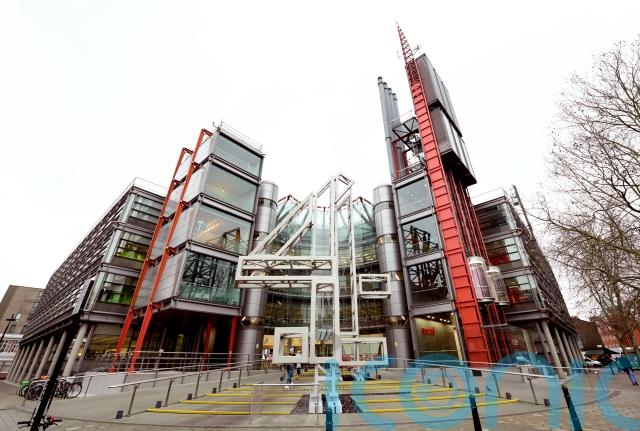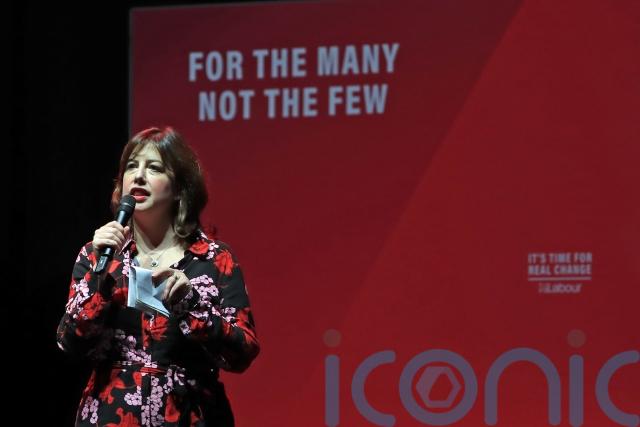
The privatisation of Channel 4 will remove restrictions which “effectively prohibits” the broadcaster from producing and selling its own content, the Department for Digital, Culture, Media and Sport (DCMS) has said.
The Government White Paper, released on Thursday, is the first look at proposed plans for Channel 4 following the privatisation announcement.
It said under public ownership, the broadcaster has a limited ability to borrow or raise capital by issuing shares and its current set-up “effectively stops it from making its own content” – as it is heavily reliant on advertising revenue.

Through privatisation, Channel 4 will have access to capital and the freedom to make its own content, allowing it to diversify its revenue stream, the proposal said.
Channel 4 will be required to commission a minimum amount of programming from independent producers and it will have to maintain its obligation for regional production outside of London and England.
Similarly, the broadcaster will need to continue to provide programming that “represents the breadth of society”, and maintain obligations to original programmes, high quality news and current affairs.
Some of the proceeds from the sale of Channel 4 will be used to deliver a new creative dividend for the sector, the proposal added.
In a statement, the broadcaster said: “Channel 4 will study the White Paper issued by DCMS, and a considered response will follow.
“However, Channel 4 remains committed to upholding and maximising its remit and public service purpose that has enabled it to shape Britain’s creative culture and make a significant contribution to the creative industries, while also investing across the UK’s Nations and Regions to create local and regional economic and social benefit.”
In April, the Government confirmed it was proceeding with plans to privatise Channel 4, which was founded in 1982 to deliver to under-served audiences, following concerns for its survival in the streaming era.
Since the announcement, the Government has faced heavy criticism.

Lucy Powell MP, Labour’s shadow culture secretary, said: “Selling off Channel 4 in the middle of a cost-of-living crisis will leave voters scratching their heads about how this will help pay their bills.
“It will likely mean fewer British made programmes for British audiences, and less support for British jobs across the country.
“As we heard in Parliament yesterday, the Government has a very weak argument when Channel 4 doesn’t cost the taxpayer a penny, has a remit to invest in small independent production companies around the regions and nations, and delivers a strong pipeline of young, diverse talent.
“Their arguments don’t stand up to scrutiny, that’s why Tory MP after Tory MP stood up to pan the central proposal in this White Paper.”
Conservative peer Michael Grade, who was recently appointed the new chairman of Ofcom, has previously spoken in favour of the privatisation of Channel 4.
The broadcaster is currently owned by the Government and receives its funding from advertising.
Subscribe or register today to discover more from DonegalLive.ie
Buy the e-paper of the Donegal Democrat, Donegal People's Press, Donegal Post and Inish Times here for instant access to Donegal's premier news titles.
Keep up with the latest news from Donegal with our daily newsletter featuring the most important stories of the day delivered to your inbox every evening at 5pm.